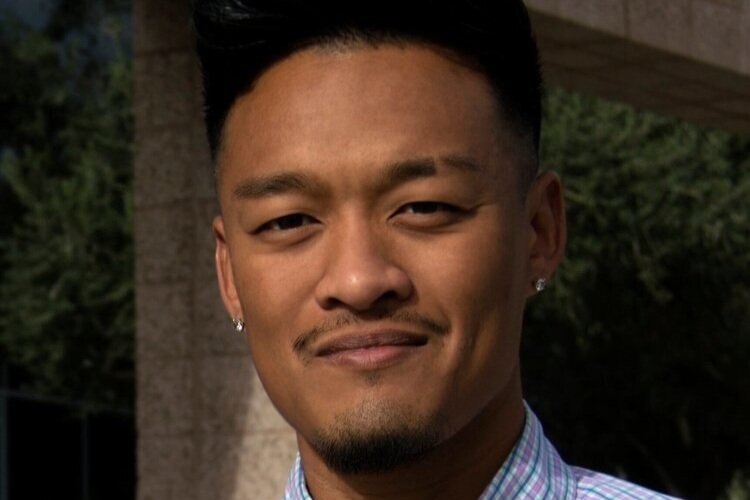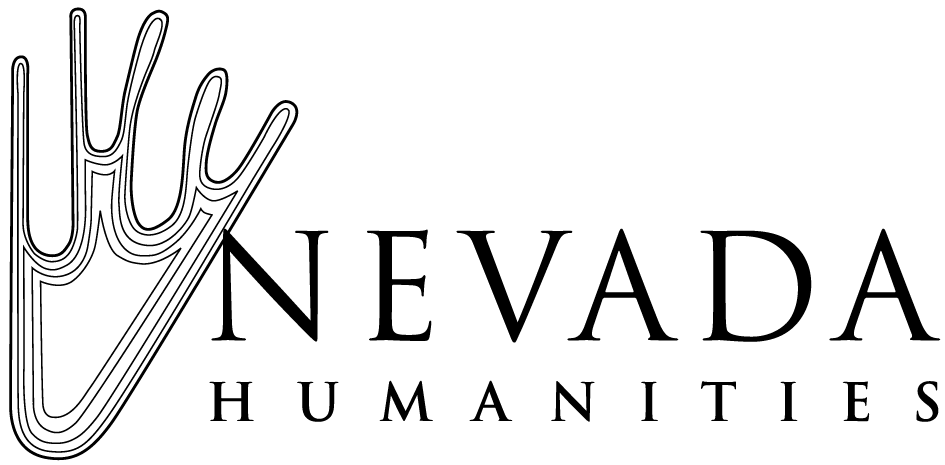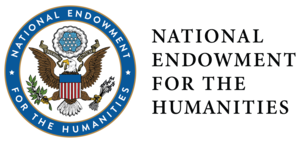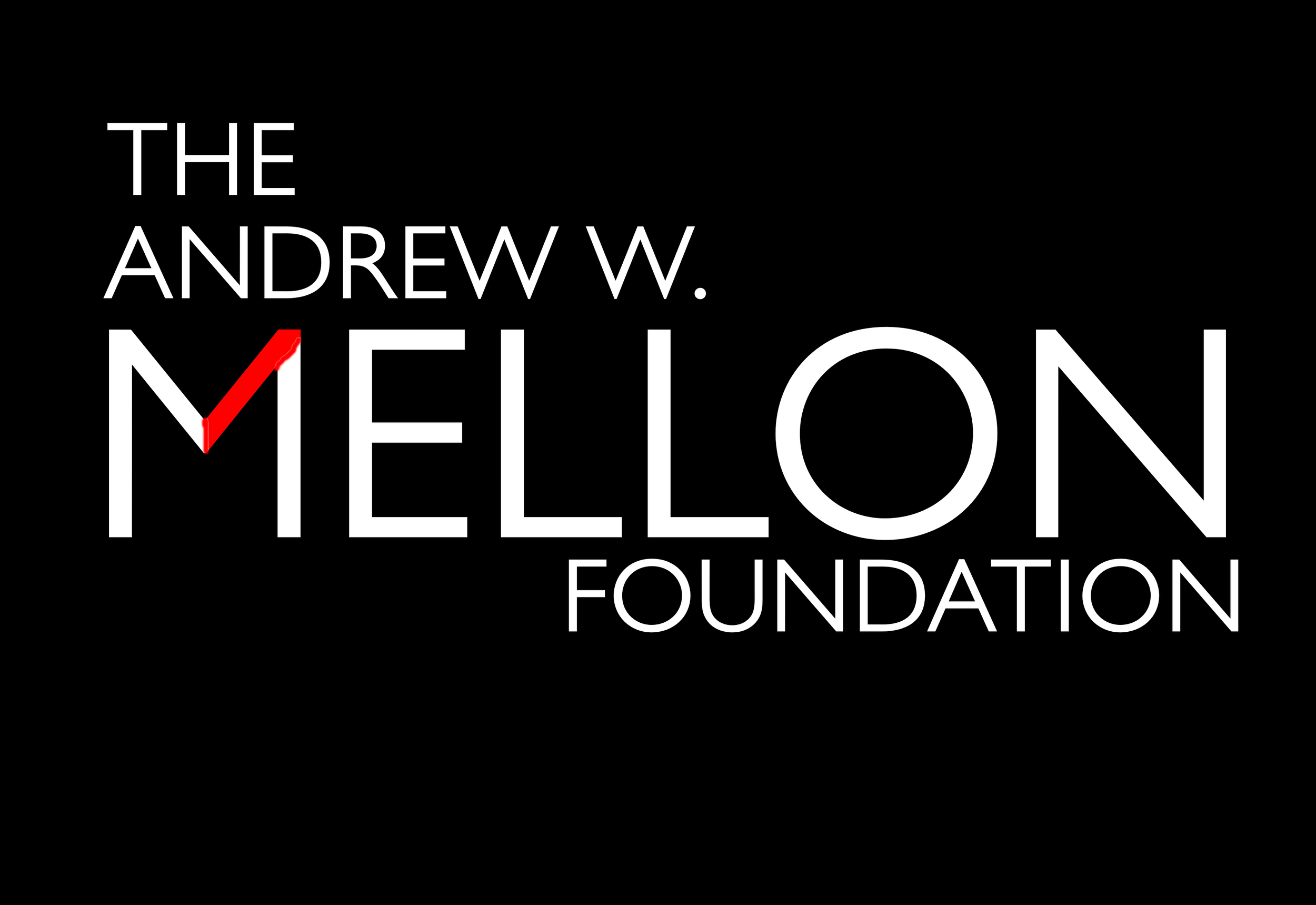Why It Matters: What It Means to Build Community
How does voting build community? Join Nevada Humanities for a conversation with members of the Asian American and Pacific Islander communities throughout Nevada to talk about the challenges faced by minority populations to establish strong civic ties to their communities, state, and country. While striving for census engagement and voter registration and participation, we also talk about what it means to make a home in this country. Featuring historian Meredith Oda, scholars Mark Padoongpatt and Leilani Kupo, and community organizer Vida Chan Lin. This event streamed live on Wednesday, May 19, 2021, 4 pm PDT.
Leilani Kupo was raised away from her ancestral land of Maui and often questioned her “right” to claim her Native Hawaiian ancestry. Growing up in the continental United States, she depended on her 'ohana (family) to guide and teach her from a distance. Kupo earned her B.A. in English from Ripon College (WI), her M.Ed. in College Student Personnel Administration from James Madison University (VA), and her Ph.D. in Higher Education Administration from Bowling Green State University (OH) were points of great celebration for her ‘ohana. They were also locations of great clarity, as these experiences helped Leilani understand the ways in which education and schooling both liberated and caused trauma to her and her family, due to the use of schooling in colonization and assimilation practices. This clarity set her commitment to raising consciousness and creating change in higher education.
Vida Lin is the founder and president of the Asian Community Development Council, the first and only non-profit community development corporation in Nevada established to assist and empower the fastest growing demographic in the United States. Lin actively serves the community by being on various boards, including the Asian American Pacific Islanders (AAPI) County Commission, College of Southern Nevada Diversity Council, KTNV Diversity Panel, Esperanza Fund, and University of Nevada, Las Vegas, University Libraries. She was one of the co-founders of OCA, Las Vegas Chapter, an AAPI advocacy and civil rights group. She is currently a board member of the AARP Nevada Executive Council, advocating awareness of the aging AAPI community.
Meredith Oda is Associate Professor of History at the University of Nevada, Reno. Her research and teaching focus on Asian American history, urban history, US-East Asian relations, and the United States in the world. Her first book, The Gateway to the Pacific: Japanese Americans and the Remaking of San Francisco (Chicago, 2018), was a transpacific urban history of San Francisco. Currently, she is working on a book on migration and alienage in Japanese American WWII incarceration and resettlement.
Mark Padoongpatt is an Associate Professor of Asian American Studies and Interdisciplinary Studies at the University of Nevada, Las Vegas. He researches and writes on Asian American history in the twentieth-century United States, with a focus on empire, migration, race, and urban and suburban cultures. His book, Flavors of Empire: Food and the Making of Thai America (University of California Press, 2017), explores how and why Thai food shaped the contours of Thai American community and identity since World War II. He’s currently writing a book and developing a podcast series on Asian Americans and Pacific Islanders in Las Vegas titled Neon Pacific, which explores histories of race, space, and placemaking in Vegas.







